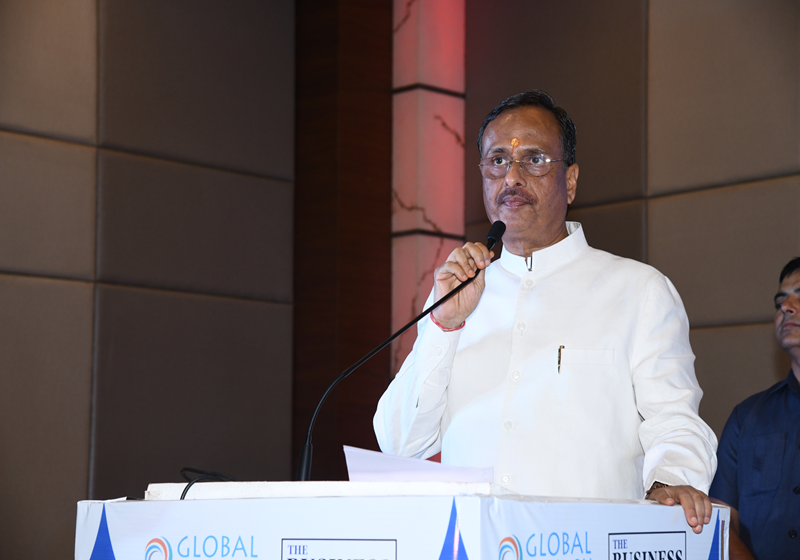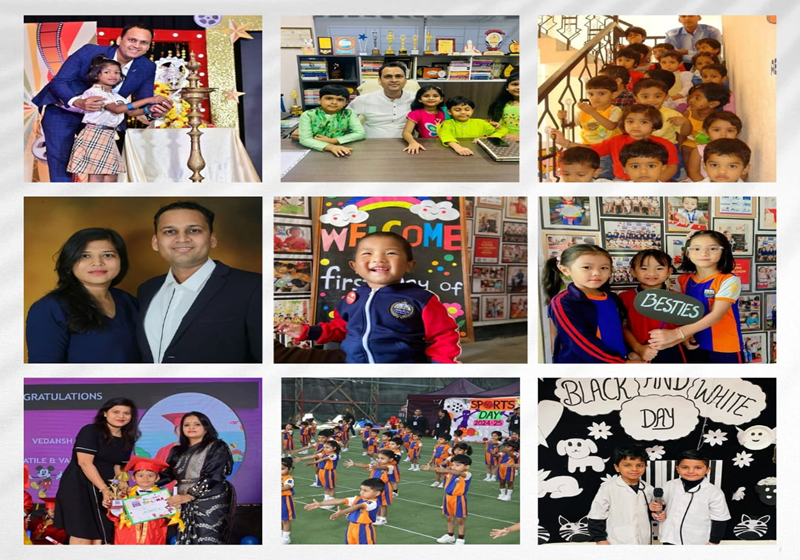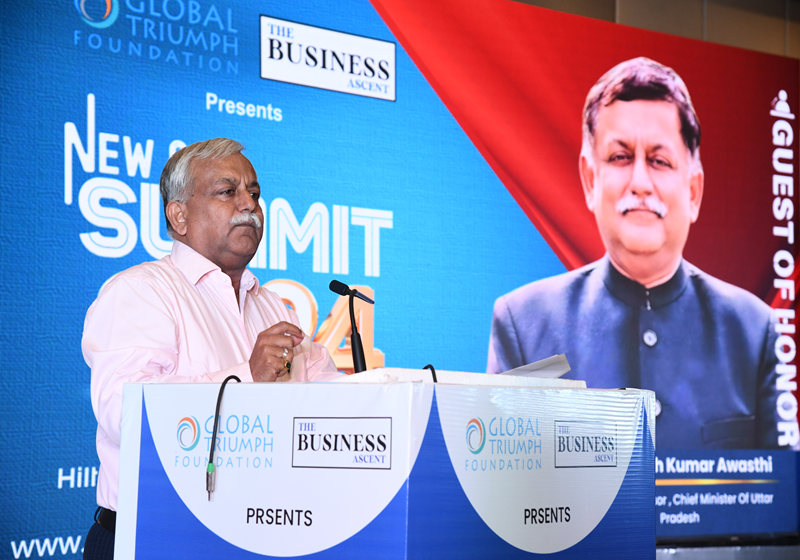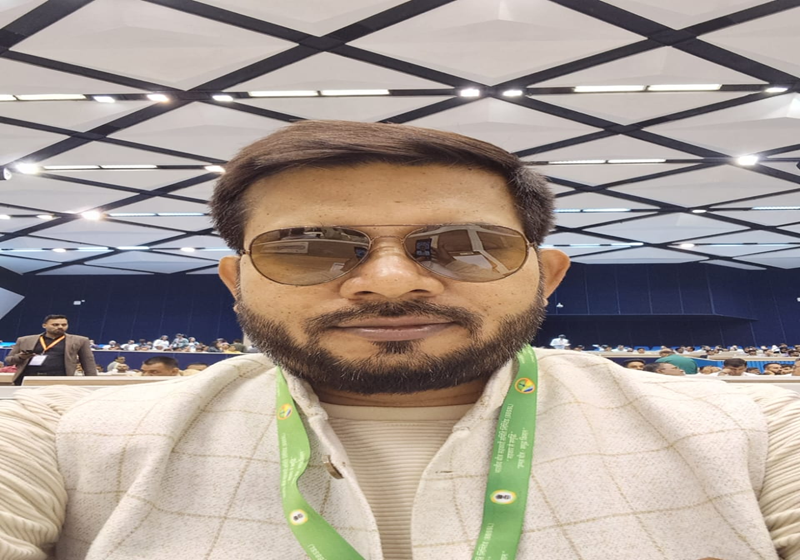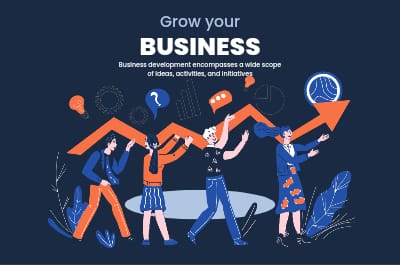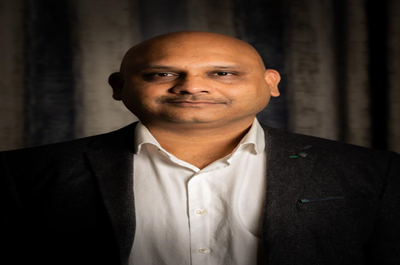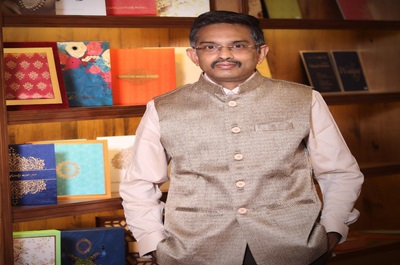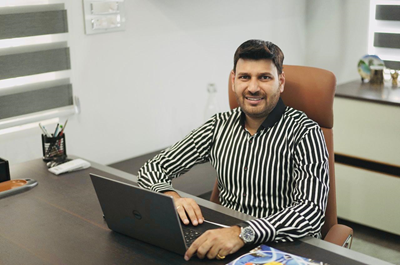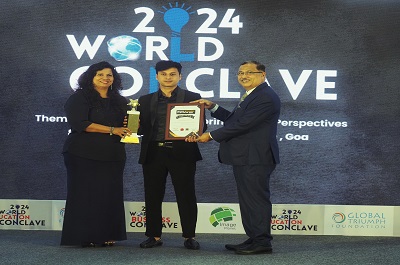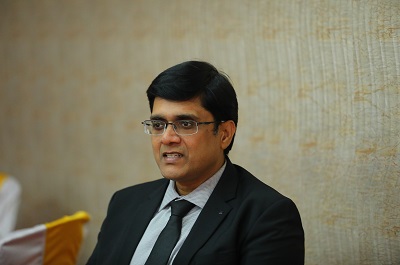On August 31, 2024, the New Age Summit 2024, organized under the auspices of the Global Triumph Foundation, took place at the Hilton Garden Inn in Lucknow. The event featured esteemed guests, including Professor Dinesh Sharma, former Deputy Chief Minister of Uttar Pradesh and current Member of Parliament in the upper house, who served as the chief guest. His address offered a compelling perspective on the evolving landscape of education and the importance of integrating traditional values with modernity.
Reflections on the Summit:
Professor Sharma commenced his speech by acknowledging the efforts of the summit's organizers, including shri amit Jain Sahab, Pro. Dr. Puneet Dwivedi, and Abhishek pandey Ji. He noted that attendees had gathered from various states, bringing fresh ideas and perspectives about Lucknow and Uttar Pradesh. He emphasized the state's historical significance and its status as the most populous state in India.
A Call for Educational Transformation:
Drawing attention to the current challenges facing education, Professor Sharma stated, “Education has become merely a means to confer degrees” . He highlighted the alarming trend of rising unemployment among degree holders, leading to despair among youth. He referred to Prime Minister Narendra Modi's vision of India in 2047, marking 100 years of independence and the aspiration for a developed nation.
Professor Sharma quoted Dr. A.P.J. Abdul Kalam, who encouraged individuals to dream big and strive relentlessly toward their goals. He shared his extensive experience in various political roles and educational committees, advocating for a comprehensive approach to reforming the education system to cater to contemporary needs while preserving cultural roots.
Integrating Tradition and Modernity:
Emphasizing the need to align modern educational practices with Indian traditions, he remarked that the New Education Policy must reflect a balance between modernity and Indian ethos. He noted the importance of linguistic diversity in education, stating that students should be able to learn in their mother tongue, which enhances comprehension and connection to their culture.
Professor Sharma recounted his experiences in digital education initiatives during the COVID-19 pandemic, illustrating the potential of technology in making quality education accessible. He described the establishment of a digital library with over 78,000 lectures, showcasing the capabilities of Indian educators.
Addressing Social Issues:
Highlighting societal challenges, he reflected on the cultural differences between India and the West, especially concerning family values and social structures. He argued for the need to retain and promote the familial bonds that have historically been strong in Indian culture, citing research findings on the importance of family ties in fostering a supportive environment for children.
Moving Forward:
As the summit concluded, Professor Sharma reiterated the critical role of education in shaping the future of the nation. He urged the stakeholders present to recognize the unique potential of Indian education to not only equip students with knowledge but also to imbue them with values that would prepare them to contribute positively to society.
In closing, he lauded the efforts of the organizers for hosting an event dedicated to discussing such vital topics and called for a unified approach to transform education in India, ensuring it remains relevant and impactful in the modern world.

